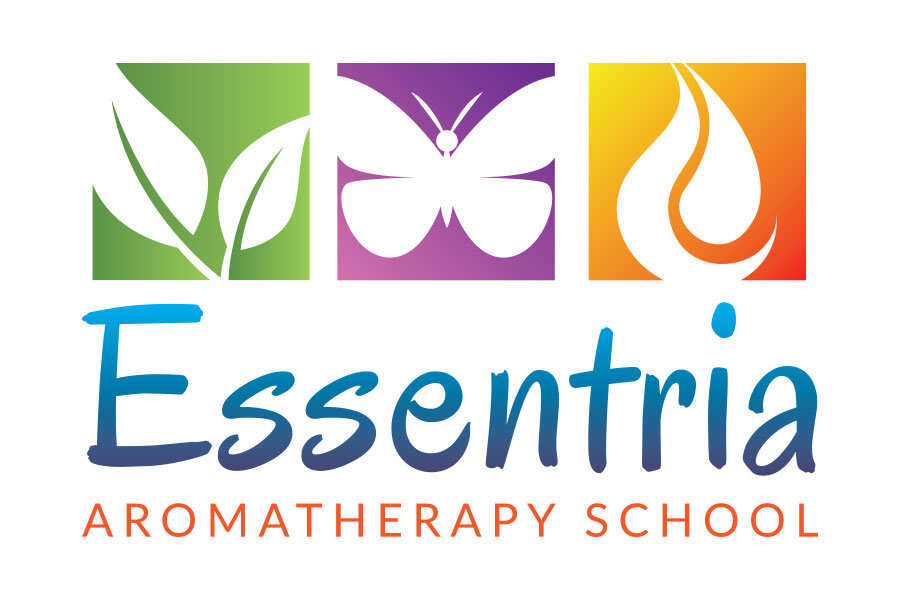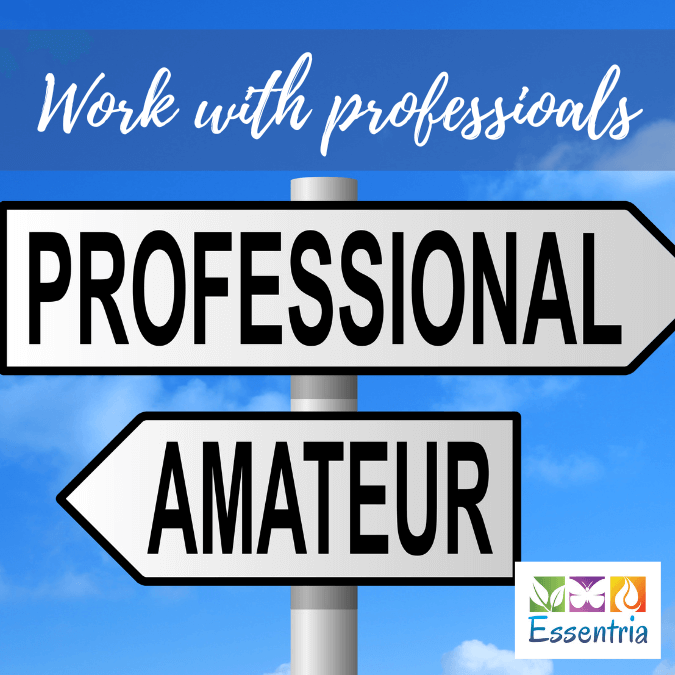Is Internal Use of Essential Oils Safe?
A Professional Opinion From Therapists Who Care
OPINION PIECE
Ah, it's the million dollar question. You’ll find countless social media platforms and posts promoting it and just as many telling you it's unsafe.
So how can we ever expect a typical consumer to make a choice if there are two extremes of the same thought?
What is using essential oils internally?
Internal use of essential oils is what it sounds like, ingesting the essential oils or using them internally in the body.
A few examples of internal uses include:
Adding them to capsules (diluted or not)
Adding them to a tablet
Suppository or Pessary (vaginal insert)
Drinking or eating in water or food
Why is Using Essential Oils Internally Confusing?
Because there are many qualified professionals that do use essential oils internally and there are many more who will not.
But there are some things we have experienced in the essential oil world that might explain the confusion a little more.
Some people believe there is a French way of practicing aromatherapy that involves using essential oils internally. While there are many sources that suggest there is no such thing as a “French Aromatherapy” method, it is seemingly more common to find francophone aromatherapists practicsing aromatherapy with internal uses.
There are also many other aromatherapists using essential oils internally either personally or professionally. This is not an exclusive or primarily “French” thing, but theorized to have started among these folks first or be more presently common.
Some of this divisive thinking has led to extremist opinions on the topic and extremists promoting for or against it. In fact many professional aromatherapy associations will post about it being against their ethical guidelines or place excessive educational requirements making the practice implausible for anyone without a medical degree. Some of the reasons behind this have been explained to be insurance requirements, government requirements or just a general expectation that an aromatherapist can’t hold enough education or training to be able to practice this way safely.
Additionally many unqualified sources will share dangerous recipes to promote using essential oils internally without any thought to risk, overall health, or better practices with more effective or evidence-based results. Some of these shared recipes are an attempt to promote using essential oils in many diverse ways, or to replace pharmaceuticals.
And many unqualified individuals believe that essential oils are most effective when used internally.
Finding Balance in a Political Aromatherapy Environment
Truth is, when an aromatherapist believes something that falls outside the norm of other practicing aromatherapists, their comments, and promotions are often dismissed or reflected upon negatively in the profession.
Some things to consider include, aromatherapists promoting extreme opinions against internal uses strongly feel or have experienced clients injured by reckless claims. Many actually do have training on internal uses or have first hand witnessed serious injuries from internal uses. And the evidence-based science on some internal practices is limited. This is actually why you won’t find many essential oils listed for internal uses on government sites like Health Canada.
But by the same token, there are many aromatherapists effectively practicing internal uses with little risks and no injuries. These aromatherapists have trained with other professionals in the healthcare world, including experienced aromatic medicine practitioners. And they almost always have more training on essential oils than any other medical professional, because that’s exactly what they trained in. And yes, most if not all are actually insured to practise this way despite some of the mind information around insurance practices.
So ask yourself if you are torn on this subject, why would someone qualified and trained in aromatherapy make harmful suggestions?
No trained and certified aromatherapist would knowingly promote harm. And when an aromatherapist is trained, they are trained to do a risk vs benefit assessment. While nothing any health professional does can ever be 100% zero harm guaranteed, the main goal of aromatherapy is to help your clients while preventing harm when possible. And this is the primary reason many trained in internal uses actually don’t follow the same line of promotions found negligently promoted all over the internet. It's also why many other less risky forms of aromatherapy are suggested first. And finally to be honest, most aromatherapy practices are highly effective or more effective than using essential oils internally anyways.
Where to Get Help So I Can Use Essential Oils Internally
The short answer is someone trained in internal uses.
More specifically, look for someone qualified with the professional aromatherapy associations (ex. NAHA, CFA, etc.), this provides ethical guidelines and designated levels of education, ensures they hold business insurance AND have an actual qualification in internal uses.
Be sure to check this, there are many healthcare professionals not trained for even a moment in aromatherapy sharing essential oil knowledge, that is flawed, unsafe and in many cases reckless.
And please stop using the internet as a source for medical information, bad research, medical opinions and practices. There are professionals for a reason, find one and get what you need without the increased risks of harm. You can’t undo harm caused by taking the advice of an untrained stranger on the internet, but you can try and avoid the harm by using a professional.
Final Thoughts
Aromatherapy is not going anywhere. The continued growth of the essential oil businesses and aromatherapy businesses has not stopped growing annually. And the continued curiosity of the public to use them in many diverse ways will not stop either.
It's time to set antiquated opinions of internal uses aside and start exploring how we can help. After all most people who become aromatherapists do so to help others, so why would we bar our profession from the full spectrum of possibilities by continuing to be political and restrictive when we can embrace this time of growth and give both the profession and public exactly what they need.
LEARN MORE WITH ESSENTRIA
Want to learn more about how to use essential oils in your home? Check out our free no strings attached online course here.
Plus consider joining us in our Facebook group Love Essential Oils with Essentria where we post tips and tricks on how to use aromatherapy safely in your daily life.
Grab some FREE tools to help you on your essential oils journey.
Follow us for FREE educational and fun posts daily and don’t forget to subscribe to our newsletter for access to discounts and promos!
Want to learn more about how to become an aromatherapist, check out our certification courses and bundles offered online here.




